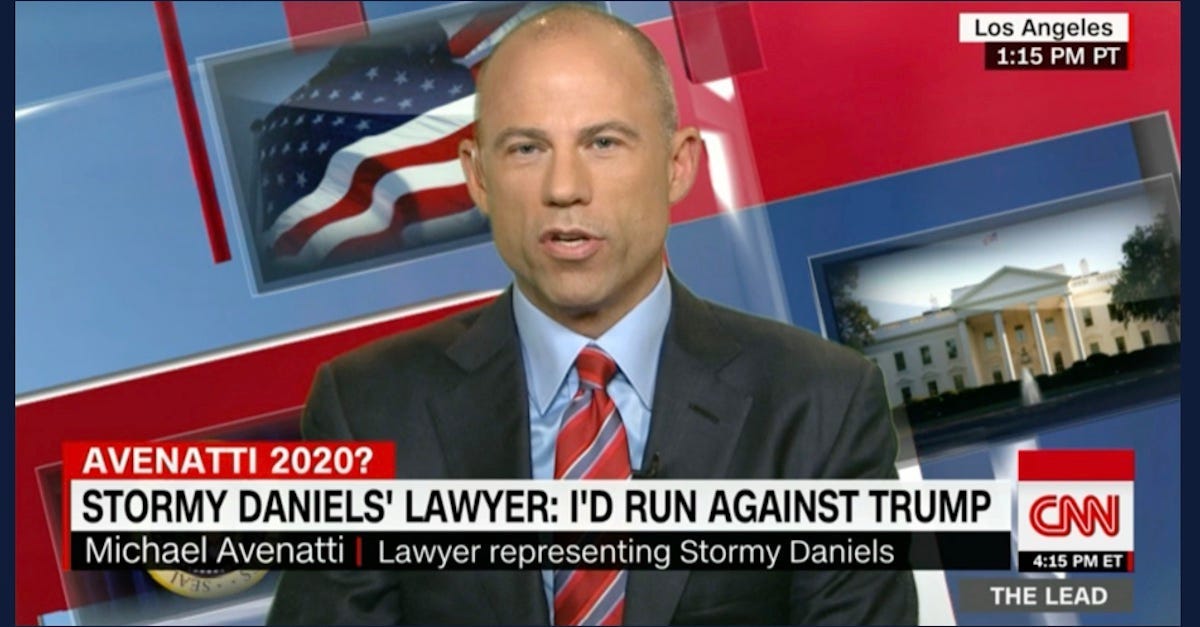2nd Circuit rejects Avenatti's 'meritless' Nike extortion appeal as bankruptcy deposition looms
The first of Avenatti's three federal criminal appeals ended Wednesday with a detailed order explaining why Avenatti's three felony convictions for extorting Nike are just.

An appellate court on Wednesday affirmed imprisoned ex-California attorney Michael Avenatti’s felony convictions for extorting Nike, rejecting his “meritless” arguments that his $25 million demand reasonably relate…


